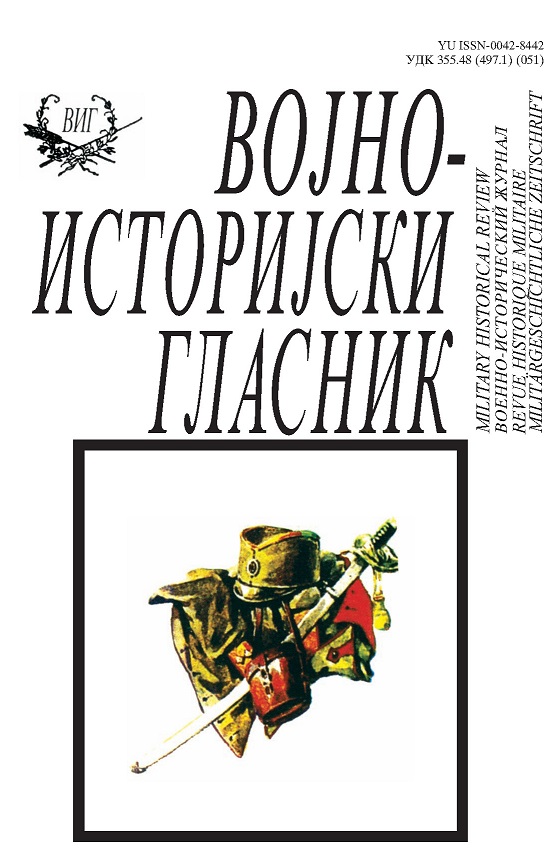„Крв и живот за слободу “ – Југословенски интербригадисти у Шпанији (1936–1939)
„Blood and Life for Freedom “ – Yugoslav Interbrigadists in Spain (1936–1939)
Author(s): Avgust LešnikSubject(s): Military history, Political history, International relations/trade, Interwar Period (1920 - 1939), Peace and Conflict Studies
Published by: Institut za strategijska istraživanja
Keywords: Yugoslavia; Yugoslav National Army; Spanish Civil War; 1936-1939; Yugoslav volunteers; military history;
Summary/Abstract: In the military conflict between the ‘two’ Spains – the military one and the democratic one – more than a million people died. The Spanish Civil War deeply polarized the world public. While the military junta drew support from the German Nazism and the Italian Fascism, the democratic world public actively supported defence of the Spanish Republic. In the period 1936-1938 about 40,000 volunteers from 54 states arrived to Spain, including more than 1,900 ‘Yugoslavs’. The most comprehensive insight into the given problems is offered in the collection of papers “Communist Party of Yugoslavia and the Spanish Civil War” which can be found today in the Archives of Serbia and Montenegro in Belgrade. Although on the grounds of the Second Yugoslavia there were relatively many published studies on the theme of the Yugoslav volunteers in Spain (diaries, records, memoirs, autobiographies, pictures, etc.), we cannot overlook the conclusion that this important theme of the new world history has never been the subject of a thorough research work and scientific approach by any institution or an individual in the former Yugoslav republics who deal with the contemporary history. Everything, more or less, with some rare exceptions, remained at the level of collecting the memories of the participants in the Spanish Civil War. This study is focused on the structural analysis of the Yugoslav volunteers (age, profession, gender, political affiliation, nationality, etc.) and gives a new name list. Compared with 1971 (1664 persons) the same list was extended to 1912 persons of the ‘Yugoslav’ origin. It is based on the new international research who included among the ‘Yugoslav’ Spaniards the volunteers who were overlooked before, from the following categories: 1. economic emigrants from the ‘Yugoslav’ countries before the First World War and between the two world wars; 2. political emigrants from Yugoslavia between the two world wars and after the Second World War; 3. the Slovenians and the Croats from the Julian border area (Venezia Giulia) annexed by the Fascist Italy after the First World War; 4. the Slovenians from the regions of Koruška and Staerska which were given to the Republic of Austria; 5. the Croats from the territory of the Croatian coast annexed by the Fascist Italy after the First World War; 6. the ‘Yugoslav’ Macedonians from Bulgaria and Greece.
Journal: Vojnoistorijski glasnik
- Issue Year: 2007
- Issue No: 1-2
- Page Range: 21-49
- Page Count: 29
- Language: Serbian

